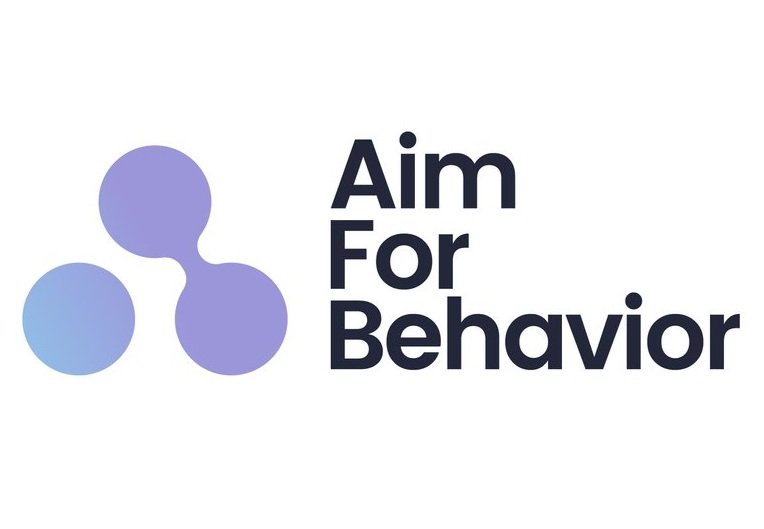Psychological safety in organizations needs a holistic approach.
Link to the article: https://www.frontlinebesci.com/p/making-sure-psychological-safetystays
In working on culture and employee experience, this subject is especially close to my work.
Laura de Molière wrote a great piece on making sure Psychological safety stays safe and how a behavioral lens can help with execution, which I wanted to share with you all.
In her article (link in comments)she underscores the importance of psychological safety in teams, a concept popularized by Google's Project Aristotle.
Psychological safety, which allows team members to voice concerns and be vulnerable without fear of judgment, has been linked to organizational learning and open dialogue.
So if you are working on implementing this, do make sure you account for:
1. **System Influences**: Effective implementation requires understanding systemic drivers, such as performance management systems and leadership types. Ignoring these can hinder the effectiveness of interventions.
2. **Individual Behaviors vs. Team Belief**: While individual behaviors are important, psychological safety is a collective belief. Overemphasis on individual actions can have unintended consequences, like promoting a hostile environment.
3. **Power Dynamics**: Initiatives often originate from the top, creating power imbalances. Lower-level employees might feel unsafe to voice concerns due to these dynamics.
This advice should help you avoid pitfalls in designing better experiences for your employees, where their needs can be met and where they can feel safe.
So remember, a comprehensive approach that considers systemic factors, team dynamics, and power structures before any implementation.
Robert

